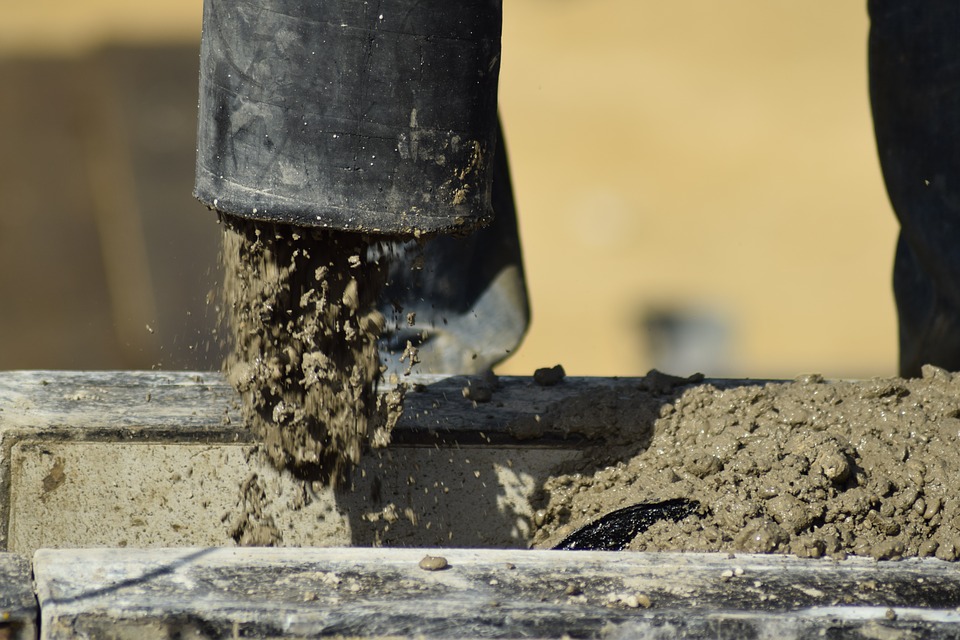Common Causes of Concrete Pump Blockages
Posted On: 11/05/2018 | Posted by: DY Concrete Pumps

Pouring liquid concrete is an essential function in most construction projects — which makes the pump a vital piece of equipment when transferring liquid concrete. Obstructions in the pump line are an all-too-common issue that can lead to costly delays and place the entire job behind schedule. Thus, avoiding concrete blockages is critical for keeping projects on track.
While obstructions in the line can occur for a variety of reasons, some of the most common causes of concrete pump blockages include:
- Problems with the mix: Perhaps the most prominent blockage issue when pumping concrete is when the mixture does not retain a sufficient amount of water. If the sand used as part of the mix is not graded sufficiently, small channels can form that allow the penetration of water and concrete. Mix problems can also happen if there’s a delay in pumping. For example, if the mix sets too long in hot weather, it can lead to stiffening that makes the mixture difficult, if not impossible, to pump.
- Operator mistakes: If the pump operator lacks experience or has not received sufficient training, it can lead to errors that inhibit the performance of the equipment and cause blockages. A skilled pump operator understands how to set up the job to eliminate the need to add more hose during pumping. Careless hose handling can create kinks that prevent the liquid mixture from flowing properly, which can cause a jam at the end of the line. A tear or rupture may also form at the point of the kink.
- Pipeline issues: Pipeline problems can occur if the pump’s capacity and horsepower do not match the requirements of the task at hand. For instance, an underpowered motor may not produce sufficient pump velocity to propel the mixture through the pipeline system, leading to a blockage. Also, the coupling of a large-diameter hose with a narrower hose can create an obstruction, as the concrete will flow more slowly through the smaller unit.
- Using poor-quality materials: Not every form of concrete is suitable for pumping. The use of unqualified pumping concrete can result in a concrete slump that’s either too large or too small, which can result in blockage, as can the inclusion of substandard mortar in the mixture. The improper selection of additives such as retarders, pumping agents and filling agents may also increase the likelihood of blockage.
- Inadequate pipeline maintenance: Failure to maintain the pipeline is yet another common cause of concrete pump blockages. Concrete residue inside the piping will eventually set and harden, forming obstructions that inhibit mix flow. Other issues related to insufficient cleaning include mix segregation and bleeding. It’s also essential to replace damaged or worn gaskets, couplings and weld collars as soon as possible to prevent grout loss. Performing routine maintenance is much less time consuming and costly than fixing concrete blockages.
Contact DY Concrete Pumps to Learn More About the Common Causes of Concrete Pump Blockages
As one of the leading global providers of concrete pumps and placing solutions, we can help you overcome your most challenging pump obstruction issues and provide guidance in locating concrete blockages in your pipeline system. Contact us to learn more today.


 1-844-397-8677
1-844-397-8677


